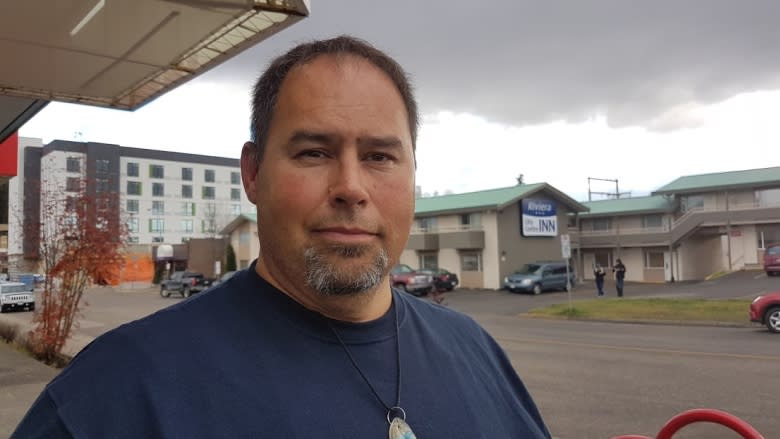West Moberly, Prophet River First Nations warn Site C approval could lead to billion dollar treaty violation
The West Moberly and Prophet River First Nations have warned they will launch a "billion-dollar lawsuit" testing whether the Site C dam violates their treaty rights should the provincial government decide to proceed with the project.
The Federal Court of Appeal previously dismissed a lawsuit from the two First Nations that sought to halt construction of the megadam. But, the panel of judges did not rule on whether or not the hydroelectric dam project is a violation of the 1899 Treaty 8 agreement.
Instead, the judges agreed with lawyers for BC Hydro and Ottawa who argued government should be allowed to issue permits for projects like Site C without first discovering if they violate treaty rights because elected officials do not have the legal expertise to make that determination.
"The courts said if you want to ask that question, you've got to bring a civil action, and go to trial," said lawyer Tim Thielmann of Sage Legal, the law firm representing the two First Nations.
"If this project goes ahead, that's exactly what they [the Nations] are prepared to do."
The NDP government is reviewing the Site C project, which was approved and championed by the previous Liberal government, with a commitment to deciding whether it should proceed or be cancelled by Dec. 31.
In addition to the the West Moberly and Prophet River First Nations, Site C is also opposed by Dene leaders in the Northwest Territories who say the project will violate agreements about water flowing into their territory and the Mikisew Cree of Alberta who worry the dam will add to the further degradation of Wood Buffalo National Park. BC Hydro disputes the latter claim.
The dam is supported by the McLeod Lake Indian Band who argue the project helps meet what it terms the goals of "economic reconciliation." BC Hydro has also reached benefits agreements with the Salteau, Halfway River, Doig River and Dene Tha' First Nations, which do not necessarily constitute endorsements of the project itself.
B.C. Energy Minister Michelle Mungall has said while the province will consult with First Nations in order to keep their commitment to the United Nations Declaration on the Rights of Indigenous People (UNDRIP), the final decision on how to proceed will be up to government.
Thielmann said he didn't see a way for government to approve the project while also adhering to the principals of UNDRIP and the 2014 Tsilhqot'in Supreme Court decision, which indicated Indigenous land rights cannot be violated without "compelling and substantial" objectives.
Thielmann argued since the independent B.C. Utilities Commission has found the province's energy needs could potentially be met using alternative energy projects, there is no valid reason to pursue Site C.
"Making a decision out of fear of the political implications isn't going to pass muster in the Supreme Court of Canada," he said.
Thielmann also cited the money awarded to the Cree and Inuit of northern Quebec after they went to court to stop the construction of the James Bay Project in the 1970s, paving the way for modern-day land settlements.
"In that case, it resulted in a $225 million settlement which is, in today's dollars, about a billion," he said.
Should the West Moberly and Prophet River First Nations launch a civil case, they will join the Blueberry River First Nation, who argue the rapid development of northeast B.C., including Site C, is causing "irreparable" damage to land protected by treaty. That case will be heard in spring 2018.




